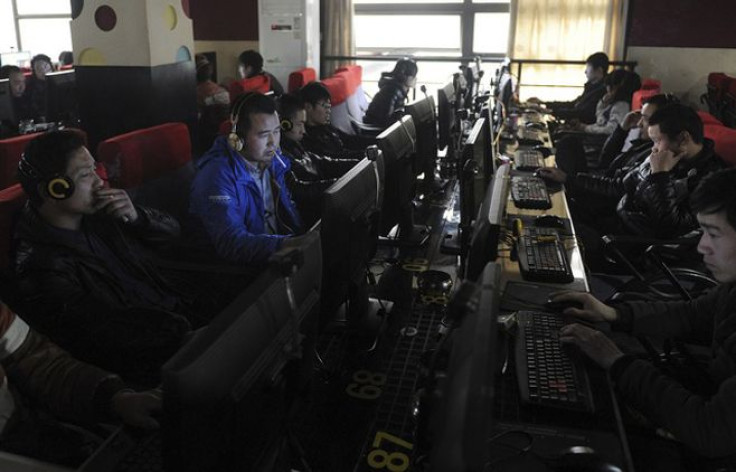China Tightens Internet Controls, Targets Online Anonymity

China recently implemented a set of new Internet regulations aimed at removing online anonymity, which human-rights activists have criticized as a move to crack down on political dissent.
On Dec. 28, the Chinese government passed the Decision to Strengthen the Protection of Online Information, which requires online users to register their real names to post comments online. It also requires Internet service providers and telecommunications companies to obtain personal information from their customers.
“These new mandates send a chilling message to China’s Netizens,” said Cynthia Wong, senior researcher on the Internet and human rights at Human Rights Watch, or HRW. “The government’s decision is an effort to silence critics and curb anonymity online by further conscripting Internet companies to monitor and censor users.”
After the measure’s passage last week, several prominent Chinese journalists, bloggers, and activists had their Weibo accounts suspended (Weibo services are the Chinese equivalents of the American microblogging site Twitter). Among them are Shi Feike, an investigative reporter, and Cheng Yizhong, the founder of the Southern Metropolis Daily, which has produced reports critical of the central government in Beijing.
Shi had reported on political corruption in Chongqing, which led to the high-profile arrest and dismissal of local party boss and Politburo member Bo Xilai.
Beijing has said the new measure is in place to protect Internet users against online bullies, false rumors, and cybercriminals.
"The decision aims to ensure Internet information security, safeguard the lawful rights and interests of citizens, legal entities, or other organizations, and safeguard national security and social public interest," said Wu Bangguo, the chairman of the National People’s Congress Standing Committee, according to the official Xinhua news agency.
HRW questioned the capacity of the measure to protect Internet users’ online information, saying that it would have an adverse impact, citing a similar effort that failed in South Korea.
“[T]he real-name requirement may exacerbate security and privacy risks instead,” HRW contended. “For example, South Korea, in response to concern about online bullying, passed a law in 2007 requiring all websites to collect identity information of users who wished to post content on social-media services. The government was forced to abandon the law after hackers breached databases used to comply with the real-name system, compromising the privacy of about 35 million social-media users.”
The human-rights group also criticized the requirement that Internet companies enforce government regulations, saying it would limit free speech.
“The Standing Committee’s decision also directs network service providers to ‘strengthen management of information’ published by users, a phrase used to signify privatized censorship by internet and telecommunications companies,” HRW said. “All service providers in China are already responsible for restricting access to a wide range of ‘illegal content,’ defined broadly and implemented in a way to prohibit speech that reflects a line different from the official government position.”
Wong added that social media has “become an incredible tool for public accountability in China” and that the new measure would undermine that aspect.
“If the government is serious about fighting rampant corruption, it shouldn’t silence whistle-blowers and ordinary citizens, or enlist companies to do it on their behalf,” Wong said. “Instead, it should allow people to speak out and to protect their identities online.”
© Copyright IBTimes 2024. All rights reserved.











